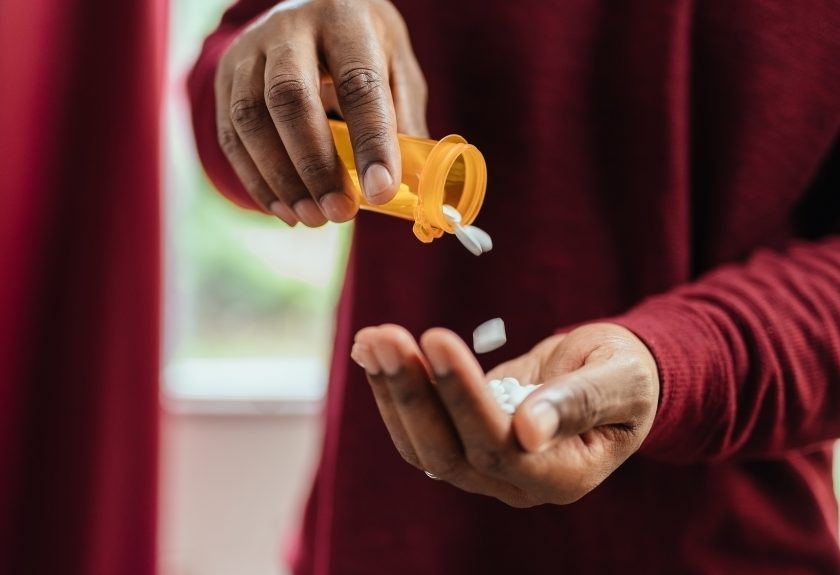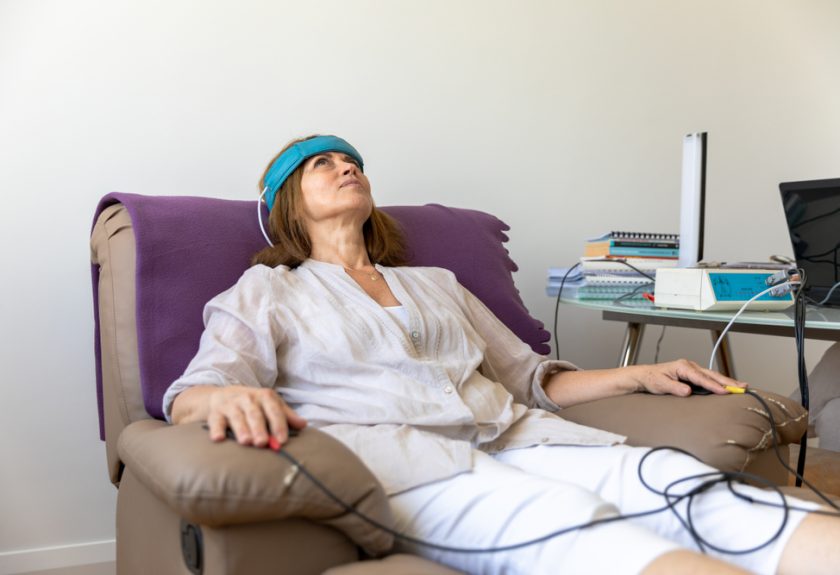How to Set Goals this New Year in Recovery
The journey to recovery from addiction can be filled with challenges, but with the right attitude, support, and planning, you can start the year ahead of you with renewed energy and commitment to your goals. Every New Year offers a chance to hit the reset button on our lives and start fresh, and it can be a much-needed opportunity to set new goals to work towards recovery. Setting clear and measurable goals can give you focus and encouragement as you progress toward sobriety. Objectives should b...

















